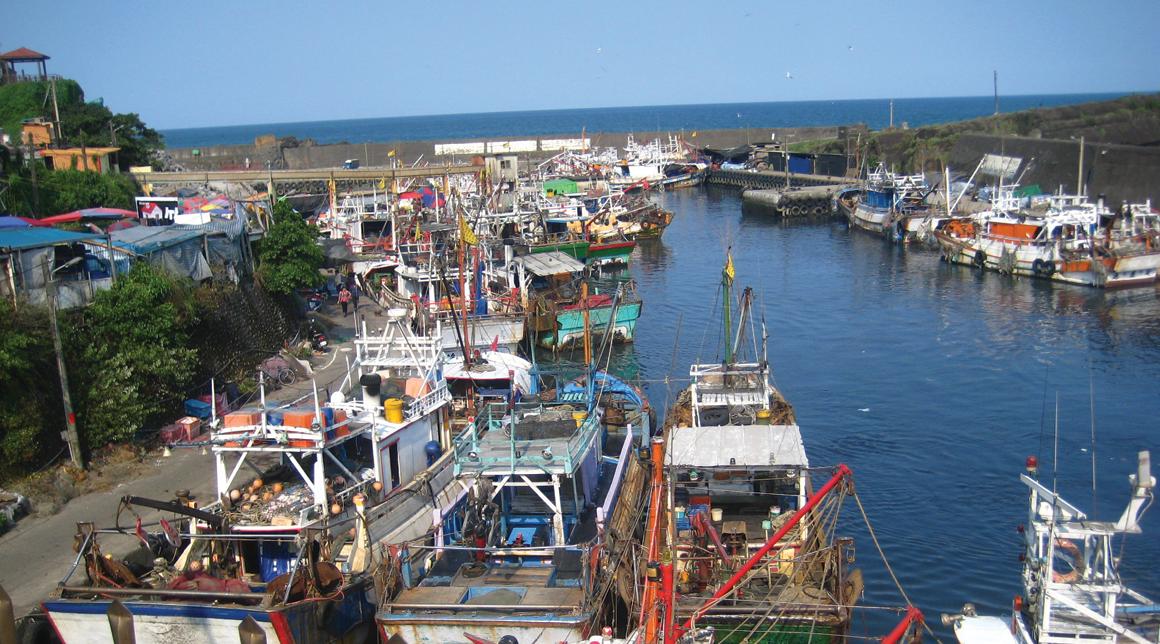
It’s a compact device that points to a solution for a global problem. And Demian Willette, associate professor of biology, gets three minutes at an entrepreneur conference to explain the plan.
Willette is working with what is believed to be the first patent to come from the Biology Department of the Frank R. Seaver College of Science and Engineering. His biotech startup company, Species Tracks, is seeking to market his patented environmental DNA – eDNA – collection device and the company’s end-to-end analytic software tool to deliver species identification data. The eDNA collector is 3D printed in several configurations, each design roughly the size of a softball.
He is set to present his company’s work at First Look SoCal Innovation Showcase, on June 14, 2023, at the Skirball Center in Los Angeles. The showcase is an annual conference celebrating early-stage startups commercializing deep tech and life science breakthroughs – and affording concentrated presentation time – from SoCal’s top research institutions. The primary goal is to connect company founders with investors, mentors, and executives to make the often-perilous journey from lab to market. LMU’s External Relations department learned of the conference and saw a connection to Willette’s research and encouraged him to apply.
And while the language is business – and Willette has been taking an entrepreneurial course to learn that language – he more readily talks about the mission-driven side of his work. “We’re seeking solutions to justice issues,” he said, “and this is a chance to make a solution and making change in the world.”
The problem, which has been the subject Willette’s ongoing research, is immense: According to the UN Food and Agriculture Organization illegal, unreported and unregulated fishing activities are responsible for the loss of 11–26 million tons of fish each year, which is estimated to have an economic value of $10 billion to $23 billion. A marketable eDNA device would allow users throughout the seafood industry – ships, fisheries, and processors – to immediately collect and record data, raising the traceability of fish caught and allowing more accurate record keeping.
Willette and his team’s devices can sample eDNA from wastewater, enabling the identification of present fish species. He said his “confidence is very high” in the accuracy in the sampling kit because the eDNA technology is built upon the well-vetted traditional DNA tools that have been around for decades. At this point in the business development, he is beginning beta-testing to fine-tune the technology for the target customers, seafood processors. Among his obstacles is the fact that the fishing industry is deeply established and doesn’t change quickly, and that food is safe through the supply chain, even if it’s illegal, so marketing becomes a priority.
Willette’s research career began with his Ph.D. work at UCLA on seagrass. Through his subsequent Fulbright-supported work in the Philippines and Ecuador, and on the island of Dominica in the Caribbean, his observations and conversations with those who fish for a living led him to recognize there was a serious problem with illegal fishing. His work since has been a search for a solution and he hopes that Species Tracks will “help us get there,” to make better choices, acknowledging that it is a global effort.



